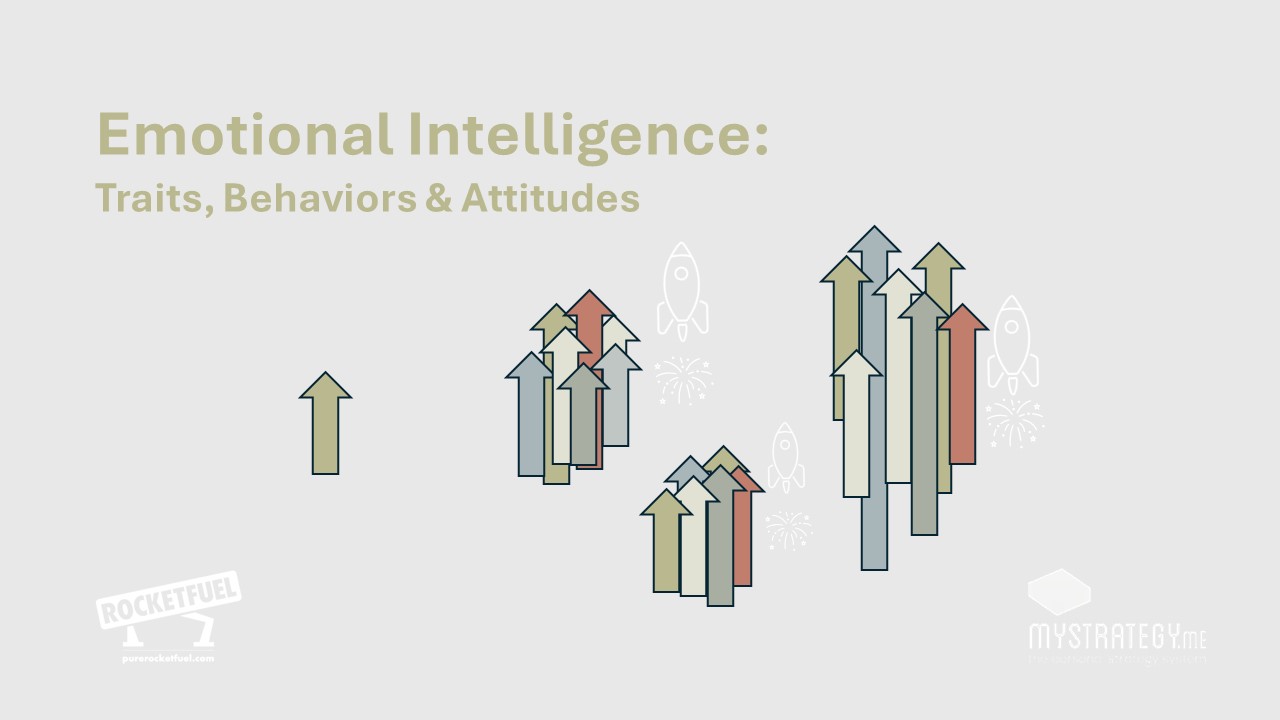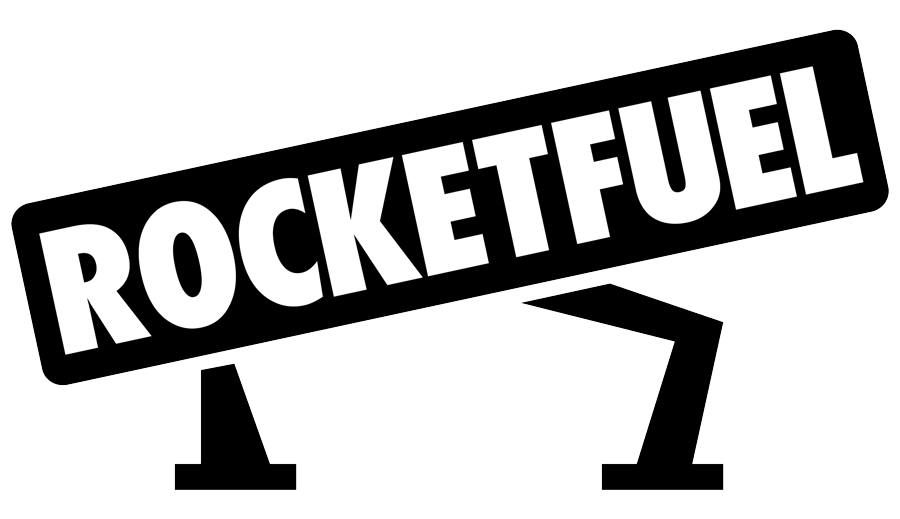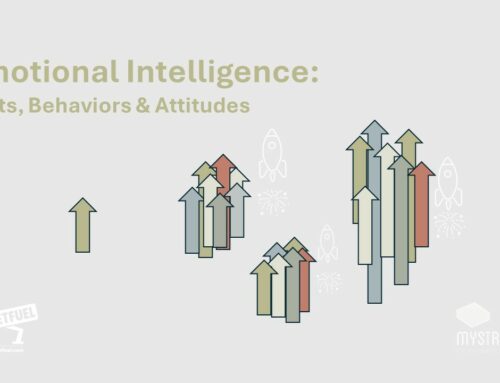
A lack of understanding of your impact on others may be hindering your progress, says Leadership & Performance Coach, Davina Greene.
Every day we have an impact on other people, influencing day-to-day chain reactions in work and outside it, often far beyond our own line of vision. From the reliably punctual friend to the sibling who regularly cancels last-minute, from the colleague who excels at putting new employees at ease to the wealthy CEO who takes care to remain “unaware” of the child labor his company supports, our words and actions affect others. Likewise, theirs affect us. Sometimes we realize our impact, sometimes we don’t, and sometimes we simply choose to turn a blind eye.
Where Does Impact Apply In The Workplace?
Impact is a prominent concept in Management, even if the word is rarely used:
- People want a purpose, and many seek that purpose through their work
- People want companies to display external purpose – think Corporate Responsibility or local community engagement
- Hiring managers want your CV to list impacts – not just what you did, but what effect it had.
- Performance Management (ideally) monitors impact over time, to decide end-of-year rewards
And so on. Poor results mean you didn’t have the required impact. If someone complains about a person or company, they are complaining about an impact on them.
Impact is, of course, a two-way street. For example, you become a manager but refuse to take training on People matters seriously, opting to employ a quick’n’easy “iron fist” approach. What might your resulting short- and long-term impacts be, in the eyes of your team, peers and managers? And in the eyes of their families and friends (who you may never meet)? Are you dinner conversation?
Alternatively, how will your day go when your boss flies back from her meeting in Paris? Well…will her taxi arrive on time, to get her to the airport? Will the air steward treat her well, indifferently or badly? Will she arrive back to rain or sun? That report your colleague is due to place on her desk before she arrives, will it be there?
Taxi drivers, airline employees, weather and your colleagues will all impact your boss, creating a certain mood in her that will then have its impact on you. If she is a good, aware person who had a bad morning, she will realize all of this and ‘re-balance’ herself when you step into her office. If not, she’ll just go ahead and shout at you, without giving it further thought.
Conscious and Unconscious Impact
We make an impact before we have said or done anything, often within milliseconds. Beyond behavior, word selection, tone of voice or accent, any member of your daily audience may draw conclusions about you on the basis of race, gender, clothes, hair, or body language, whether appropriate or correct. You cannot avoid leaving some kind of impression, be it positive, negative or neutral, and so it is very worthwhile to consider what yours should be.
The most effective people hold a robust understanding of their impact. Essentially, this implies empathy, emotional intelligence, and an ability to flex one’s approach to different people, personalities and situations – key areas of focus in relation to leadership development, but not at all exclusive to the Leadership topic. Think about it: if you had three children with three entirely different personalities, you would probably have to give certain messages in three different ways to have the desired impact, right? “Good boss” does just that. “Bad boss” shouts and screams and demands compliance, even in the absence of true understanding or learning.
Consider how good you are at listening, reacting to different perspectives, giving/receiving acknowledgement, tolerating error, providing constructive criticism, encouraging, or simply doing what you said you would do. Do people benefit from your involvement, or walk away with new worries?
Your impact influences whether people move towards you or away from you. As the saying goes:
“Watch your thoughts, for they become words. Watch your words, for they become actions. Watch your actions, for they become habits. Watch your habits, for they become your character. And watch your character, for it becomes your destiny. What we think, we become.”
Key Tips For Impact
- To understand your impact, survey those impacted by you. Self-reflection alone is unhelpful.
- Act on quick-wins. Incorporate “Thank you” and “Well done” now, if they have been lacking.
- Employ empathy, putting yourself firmly in their shoes. Balance your needs, their needs, and the impression you wish to make.
- Observe role models on each development theme, even ask their advice. Or get a coach.
- Make sure your strengths shine through in the meantime, now that you are clear what they are.
Interested in investing in your own personal – and personal strategy – development? Check out www.MyStrategy.me!
Share This!
About the Author



